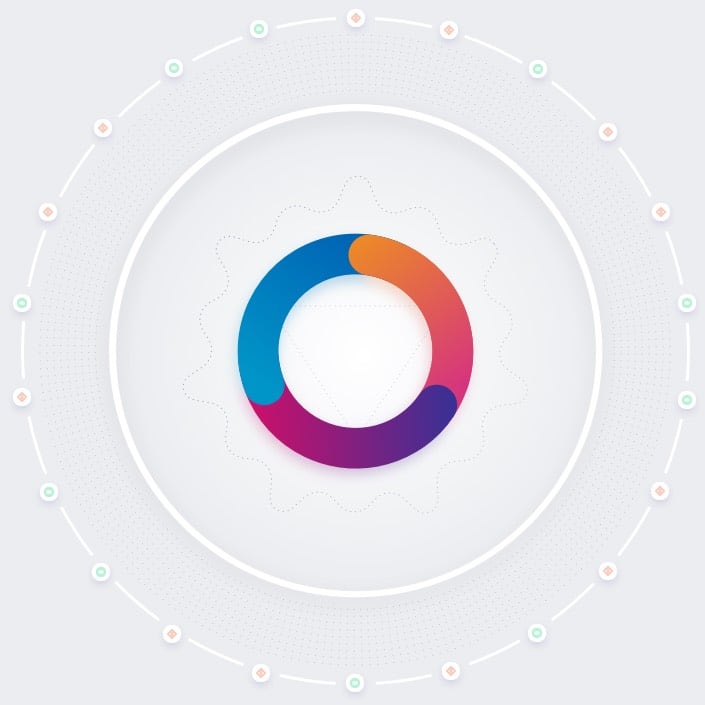NEWS
Intel and Costa Rican Health Authorities Develop Predictive Behavior Models for COVID-19
* Article originally published by INTEL Costa Rica.
• Statistical modeling will help estimate the behavior of the pandemic’s epidemiological curve in Costa Rica and its different geographic and demographic segments.
• Nine engineers of Intel Costa Rica are volunteering on this project.
May 2020. Engineers of
Intel Costa Rica work together with an interdisciplinary group of the Costa Rican Social Security Institute (CCSS) professionals to develop predictive mathematical and statistical models for managing the COVID-19 outbreak.
The pandemic poses an unprecedented situation where data-based decision-making has become an important tool for management and decision-making to mitigate future effects on health services and the Costa Rican society.
“At Intel Costa Rica we are committed to helping the country against the COVID-19 outbreak, so our engineers are contributing their experience and knowledge to developing, together with the CCSS, statistical and mathematical models to generate key inputs for decision making,” said Timothy Scott Hall, Intel Costa Rica’s government affairs and public relations manager.
These models encompass general statistical data, such as prediction of the curve of the number of total cases and the number of confirmed cases for the entire country, as well as more granular models for estimating the effect by geographical region, age group, sex, and other relevant population groups. The goal is to give the CCSS a tool that can monitor the situation in real-time and provide detailed information by relevant demographic and geographical segments to facilitate timely intervention.
Dr. Roberto Cervantes Barrantes, CCSS’s general manager, noted the importance of these partnerships for strengthening institutional knowledge management, bringing together the health and data management experience of the institute’s technical teams with the data science techniques that are applied today in other latitudes and used as analysis tools by large companies such as Intel.
He explained that, given the situation faced by the country due to COVID-19, the CCSS crucially needs new information and data that can help it make decisions and adapt its services or allocate its resources to the different care levels and centers as needed.
“Intel is one of the world’s largest tech companies, and by joining us in this project it will build our technical capacity to react against COVID-19. At times like this, public institutions and private companies need to work as a team toward the same goal, which is to combat this pandemic to the benefit of the country,” said Dr. Cervantes.
The general manager also mentioned the institute’s obligation to safeguard confidential information, so data access platforms and data should be deployed very simply, making sure the data is always statistical in nature and there can be no identification of the identities and sensitive data of users, in this case, those affected by COVID-19.
This technical support from Intel Costa Rica is part of a recent donation of face masks for medical staff and other efforts to be specified in the upcoming days.



.png)



